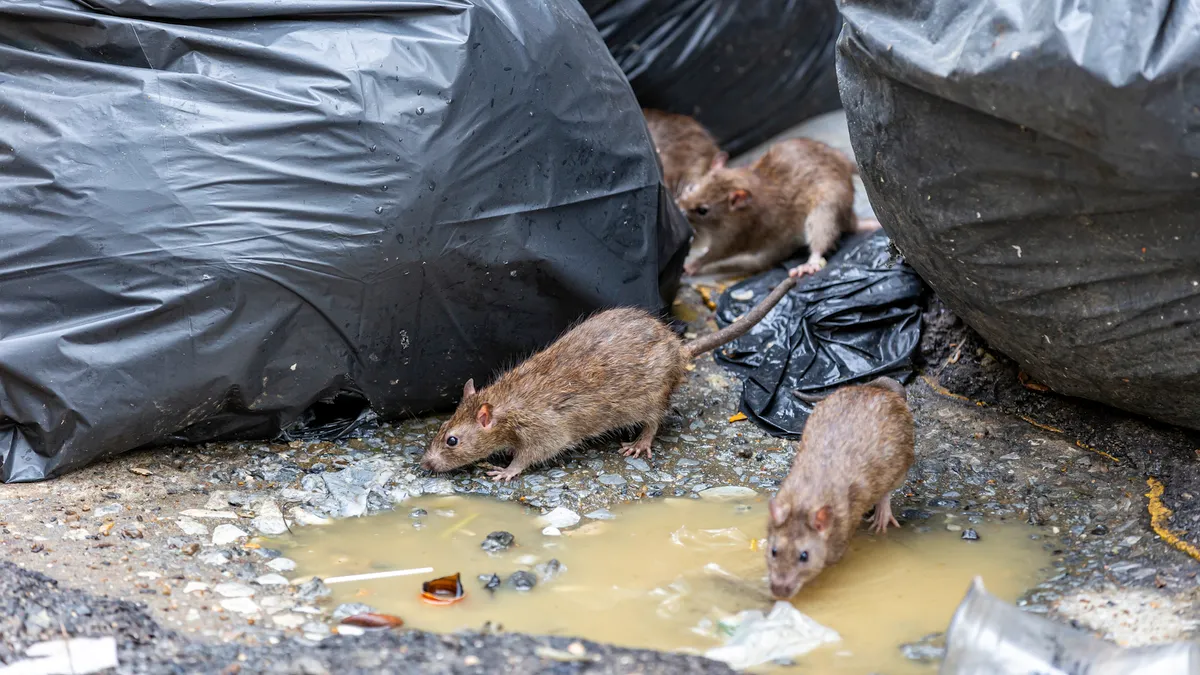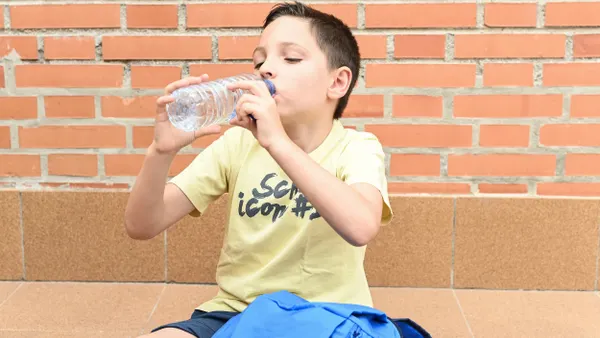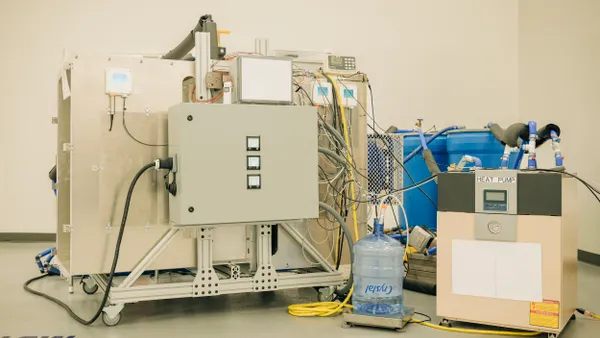New York City may be notorious for its rat populations, but another city farther north has a rodent problem it wants to address, too.
The city of Boston on Wednesday launched a multi-agency action plan to reduce its rodent population, releasing a report commissioned from leading urban rodentologist Bobby Corrigan. The report, which details the factors driving Boston’s rat population and what to do next, will serve as the basis for the anti-rodent push.
“Boston doesn’t like rats, and rat mitigation is one of the priority quality of life issues for this administration,” Boston Chief of Operations Dion Irish said in a statement. The city has seen increasing 311 complaints about rodents in recent years, but Boston’s current rat population does not pose a high public health threat, according to the Boston Public Health Commission.
Here are three takeaways from the report.
Use data and tech
The report recommends that Boston take a data-driven approach to rat management due to the complexity of rodent populations. Data sources could include 311 complaints, physical inspections, geo-mapping and population cluster models.
Corrigan also points to recent technological strides that could help Boston monitor rat populations. Remote rodent sensors can alert officials of the presence of rats, indicate how severe rat activity is in a neighborhood and measure how effective rodent control efforts are, Corrigan writes.
Time for a rat czar?
New York City went viral last year for its appointment of a “rat czar” to lead the city’s self-proclaimed “war on rats.” Corrigan recommends that Boston consider the benefits and negatives of hiring its own rat czar, but points out that such a person would be a facilitator rather than a subject-matter expert in rodent control.
Corrigan writes that a separate department focused on rat mitigation would be redundant with the environmental services division of Boston’s Inspectional Services Department. Boston should also create an action plan for the top three to five rat hotspot neighborhoods, the report says.
Solve the ‘garbage conundrum’
If Boston truly wants to notch a win against rats, it needs to address the trash bag in the room, the report says.
The norm of storing trash in plastic bags is a key driver of the rodent population, the city says. The report points out that many Boston residents place rat poison around their properties, incorrectly thinking of it as a substitute for good trash practices, Corrigan writes. He points to scientific research that shows such poison is essentially ineffective without eliminating rats’ food sources. Plus, rat poison harms other urban wildlife. A family of great horned owls died earlier this year in Chicago, with experts blaming rat poison.
“It can’t be over-emphasized that the Boston (any big city) garbage conundrum must be addressed to have any realistic impact on the future of Boston’s city rat population,” Corrigan writes. Getting trash bags off curbs and into containers is a huge part of New York City’s anti-rat effort.
Corrigan offers several other pieces of advice on managing particularly challenging rat populations. At large public housing buildings, a staff member could check the property in the early evening to remove food trash thrown out windows. Officials could also launch a campaign to educate residents that they should clean outdoor cooking equipment regularly to avoid attracting rats. In parks, city workers should sweep away food waste under benches before the evening, and park-goers should be discouraged from feeding ducks, pigeons or other urban wildlife.











